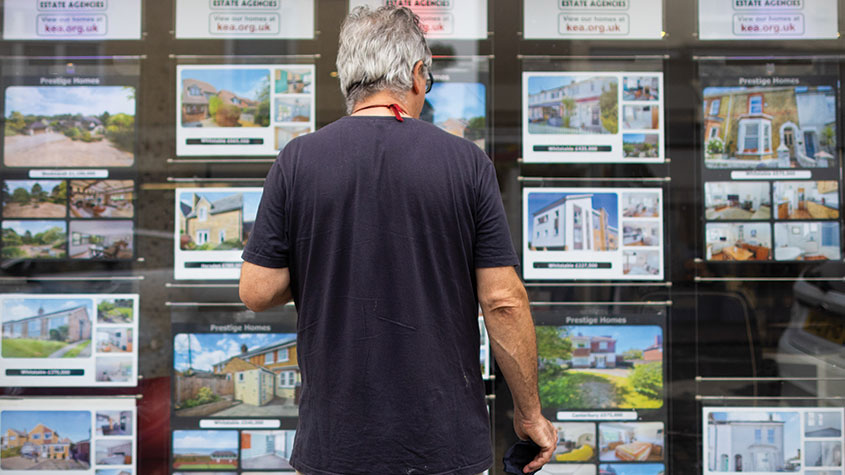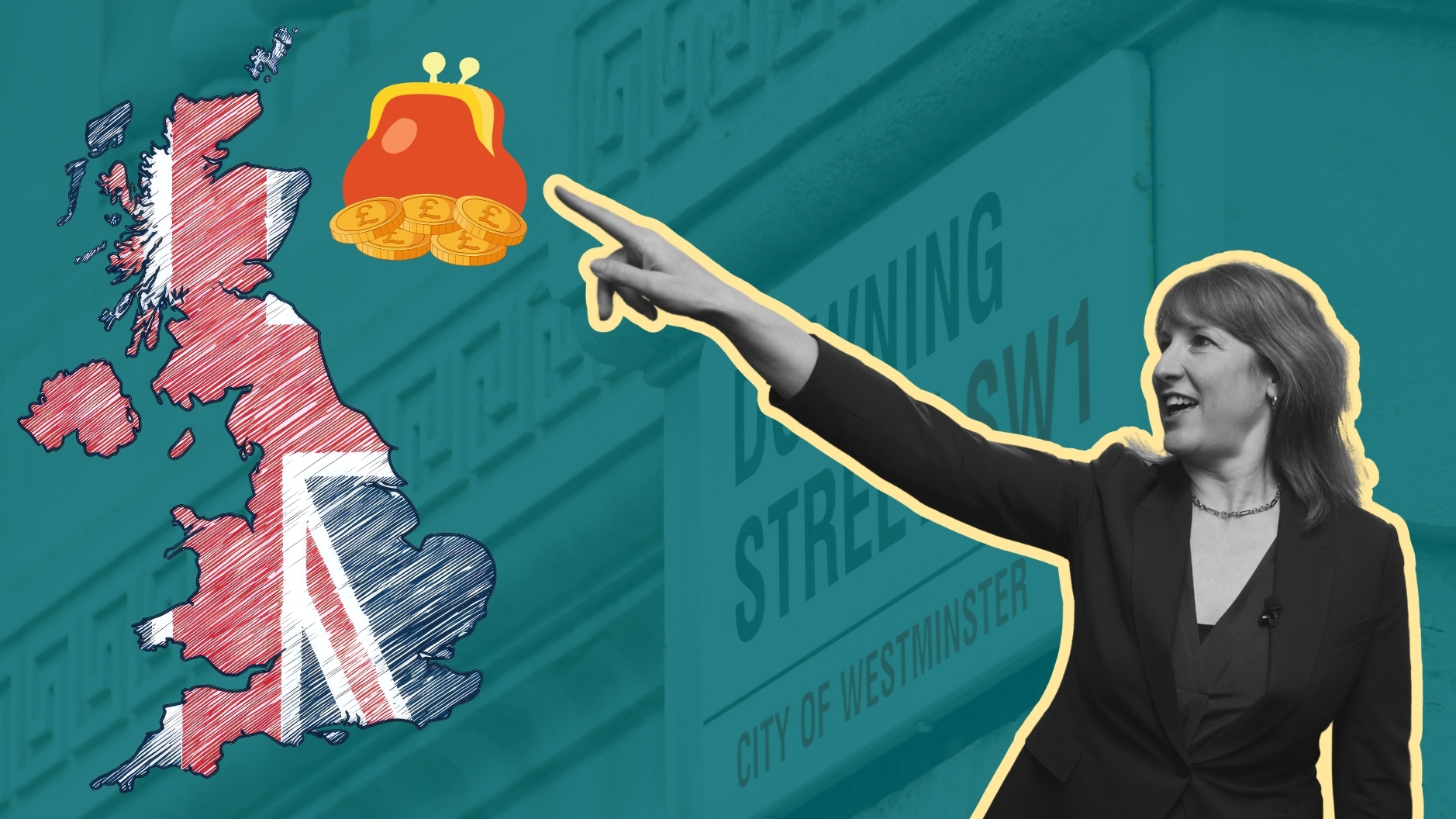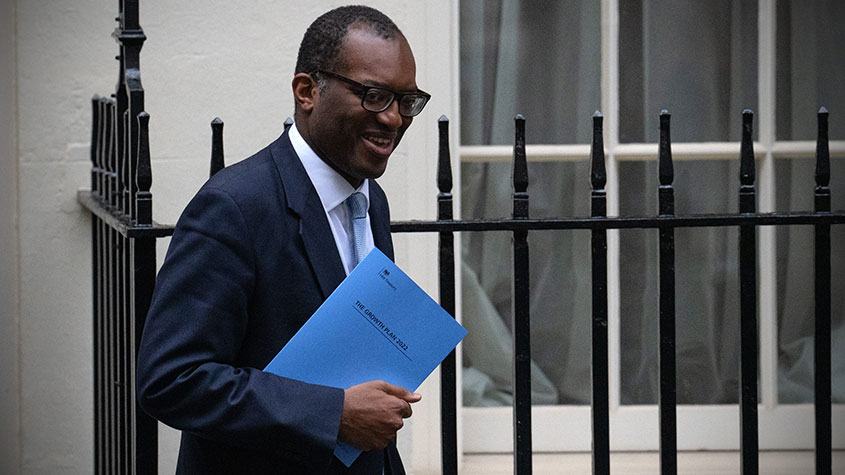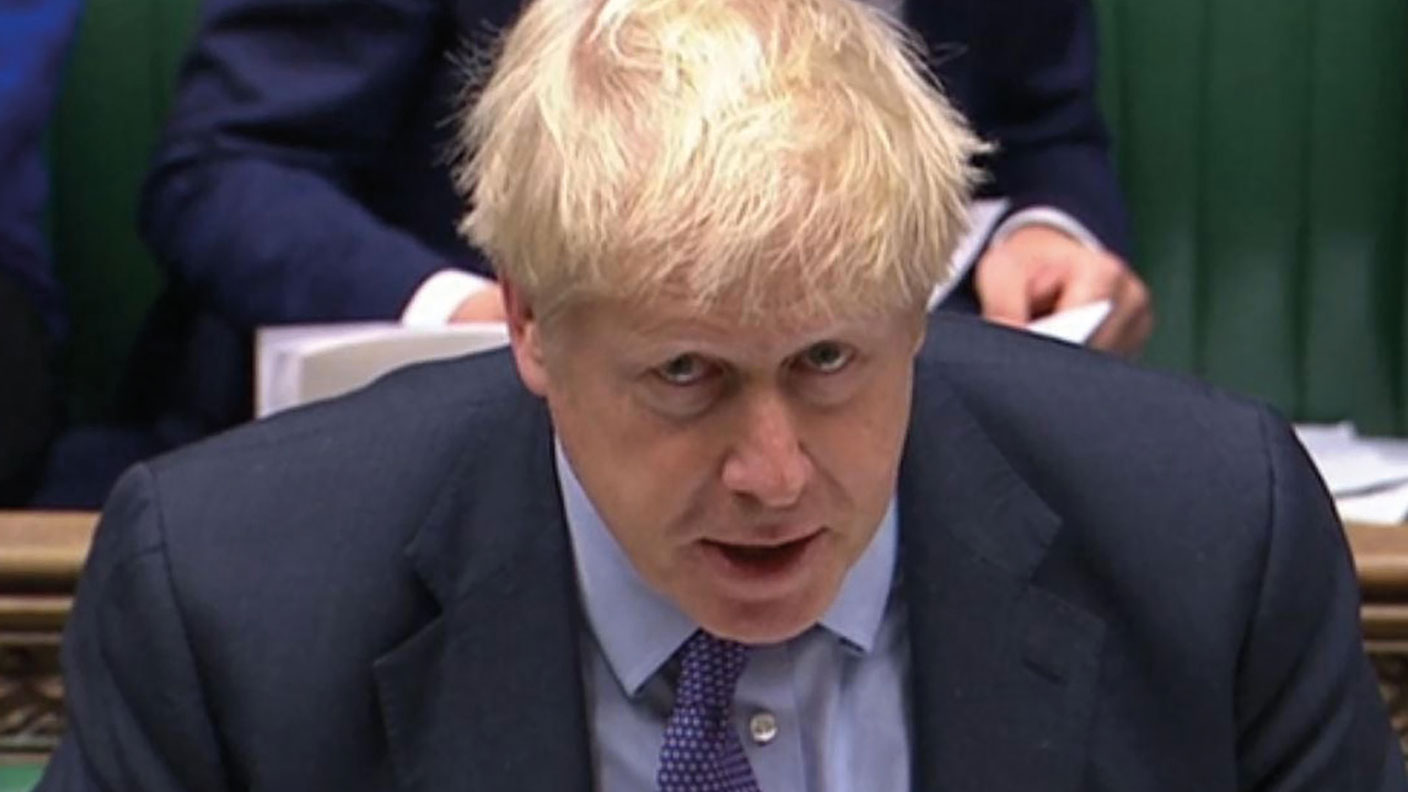Why we should abolish stamp duty – the worst tax in Britain
Stamp duty is Britain’s most horrible tax. We should forget cutting it and abolish it altogether, says Merryn Somerset Webb.


Get the latest financial news, insights and expert analysis from our award-winning MoneyWeek team, to help you understand what really matters when it comes to your finances.
You are now subscribed
Your newsletter sign-up was successful
Want to add more newsletters?
Most prime ministers would look at the most recent stamp-duty receipts and be pretty pleased. In the first eight months of the year, £10.6bn was collected. In August alone, receipts hit £1.6bn, the second-largest amount on record (after £1.7bn in December 2021). Not to be sniffed at. Unless you are Liz Truss, who has a plan for this golden goose. It is (as far as we know) to slash or kill it.
This is fabulous news. Long-term readers will know that we consider stamp duty to be the worst tax in Britain (and given the choices available to us here that is saying something). It makes it hard for buyers to save up deposits – they have to come up with the cash for stamp duty, too. It makes it harder for people to move (as stamp duty has risen so we have stopped moving so often). This gums up both the labour and the housing market. Stamp duty is effectively a wealth tax – and a particularly distorting one at that. It should be abolished in its entirety (or at the very least shifted so that the seller – the one who has the cash to hand – pays it).
Don’t expect house prices to rise
Fans of stamp duty will say that abolishing it will cause a new nightmare: another round of house price inflation. There is some evidence that rising transactions lead to more house building in the longer run (and that cuts in stamp duty lead to rising transactions) but for now the supply of houses for sale (around 36 properties per agent) is knocking around long-term lows. If that doesn’t shift, and cutting stamp duty leads to a rise in demand, the price of every house for sale should rise in line with the scale of the cut – or perhaps by more.
Try 6 free issues of MoneyWeek today
Get unparalleled financial insight, analysis and expert opinion you can profit from.

Sign up to Money Morning
Don't miss the latest investment and personal finances news, market analysis, plus money-saving tips with our free twice-daily newsletter
Don't miss the latest investment and personal finances news, market analysis, plus money-saving tips with our free twice-daily newsletter
Why? Because stamp duty must be paid in cash at the point of transaction. If, however, you can add it to your deposit, you can leverage it. Say you have a £100,000 deposit and an 80% mortgage. You can pay £500,000 for a house. Now say there is no stamp duty. Your deposit goes up to £115,000. And the price you can pay? That goes to £575,000. And in the main, the price paid for any one house in the UK is exactly equal to the maximum price the buyer is able to pay. This logic is all entirely correct. However, right now its effect should be more than balanced out by the great destroyer of house prices: rising interest rates.
Cancel stamp duty, don’t just cut it
With that in mind we would say that this the perfect time to not just cut but to completely cancel this horrible tax – and not just in England. In Scotland the equivalent of stamp duty (LBTT) is significantly more onerous at higher prices than in the UK (12% over £750,000). Anyone would think Nicola Sturgeon was trying to deter the well off from moving to Scotland (a shame given how few higher rate taxpayers live there at the moment).
This brings me to the other controversy of the week, the bankers’ bonus cap). In this week's magazine, Matthew Lynn argues it is right to get rid of it. I rather agree (free markets are almost always better than distorted markets – see above! – regardless of the context). But I wonder if the bankers will. I have a feeling they might prefer what they have been getting instead – higher salaries (non variable) have replaced performance related payments (variable). Stability and certainty have more value than usual at the moment – something that investors will be feeling as much as bankers.
Get the latest financial news, insights and expert analysis from our award-winning MoneyWeek team, to help you understand what really matters when it comes to your finances.

-
 What do rising oil prices mean for you?
What do rising oil prices mean for you?As conflict in the Middle East sparks an increase in the price of oil, will you see petrol and energy bills go up?
-
 Rachel Reeves's Spring Statement – live analysis and commentary
Rachel Reeves's Spring Statement – live analysis and commentaryChancellor Rachel Reeves will deliver her Spring Statement today (3 March). What can we expect in the speech?
-
 Will IHT be cut?
Will IHT be cut?News Sunak could make cuts to Inheritance Tax cuts later this year, reports suggest. We explain what this could mean for you.
-
 Mini-Budget: stamp duty and income tax cut as Kwarteng targets growth
Mini-Budget: stamp duty and income tax cut as Kwarteng targets growthNews Chancellor Kwasi Kwarteng announced sweeping tax cuts in his mini-Budget statement. Here's what was said.
-
 National Insurance increase will be reversed in November, says chancellor
National Insurance increase will be reversed in November, says chancellorNews The UK government has ditched the 1.25 percentage-point National Insurance rise, which will see workers pocket more pay and reduce tax for UK businesses. Saloni Sardana explains what the changes means for you.
-
 The myth of hypothecated taxes
The myth of hypothecated taxesEditor's letter The government wants to add a penny on our National Insurance contributions to pay for social care. But it won’t, says Merryn Somerset Webb. It will just vanish into the black hole of our public finances.
-
 Should capital gains tax be higher or lower?
Should capital gains tax be higher or lower?Editor's letter Capital gains tax is up for review. There are plenty of long-term arguments to be had about this. But in the short term, Merryn Somerset Webb has a few ideas for the government should it want a little cash inflow.
-
 Inheritance tax: just abolish the entire thing
Inheritance tax: just abolish the entire thingEditor's letter Why not abolish inheritance tax and replace it with a gift tax on the recipients of unearned cash – wherever it comes from?